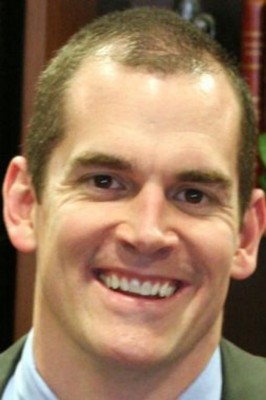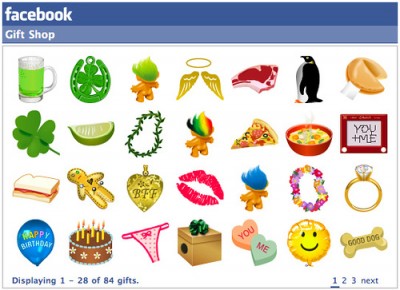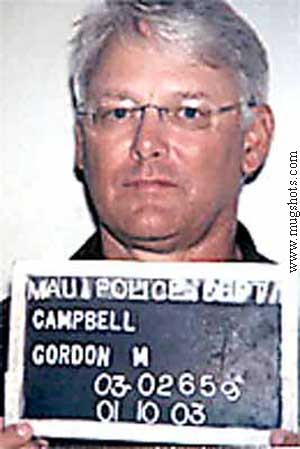Maclom Gladwell searches for an activist Facebook in his recent New Yorker piece. Guess what? He doesn’t find it. Gladwell isnot the first person to make the observation that Facebook and other social networking platforms are of limited effectiveness in promoting activism. Evegny Morozov makes the important observation that the ease with which Facebook users can express support for a cause and feel they have taken action on that cause inhibits, rather than promotes, social activism.
I think these social critics are setting up a digital straw man. Facebook, for instance, serves other important political purposes that might not have direct, identifiable effect upon social policy. In my own recent work on Facebook political groups, I find that many of them are created with no specific activist purpose. Often, these groups seem simply to be a site to “park” political views in a place with access to thousands of sympathetic eyeballs. I argue that many individuals use Facebook to perform political identity in a venue that allows them to try on different political selves in a nomynous (not anonymous) venue. This means that individuals are performing a “public” political identity. For many of them this might be the only place they feel comfortable expressing this voice. Those who aren’t good communicators, disabled, low income or otherwise inhibited from participating in political activism can use Facebook as a semi-autonomous space to proclaim their political self.
Rather than see it as the savior of global politics, we should see Facebook as one more site where individuals can development their political voice. It’s often not a voice that we necessarily want developed. There is a great deal of nativist, racist, sexist and homophobic voice development on-line. But as a space, Facebook and other SNS sites allow the development of humanist/transformational voices. It is not an activist training ground, but rather a “third space” for cultivating political identity.
For us, the trick should be transforming these performative identity spaces into deliberative, cross cutting spaces. This requires theorizing digital citizenship to include cross-cutting dialogue as an essential component. In a paper I presented at the Western Political Science Association annual conference last year, I made the case that we should be training young people in a digital citizenship that includes stressing the importance of what Susan Bickford called “the politics of attention” or including the voiceless as be part of public conversations. Listening to the other through what Diana Mutz calls cross-cutting dialogue is critical in helping individuals developed textured, vetted and more nuanced voices in public dialogue.










